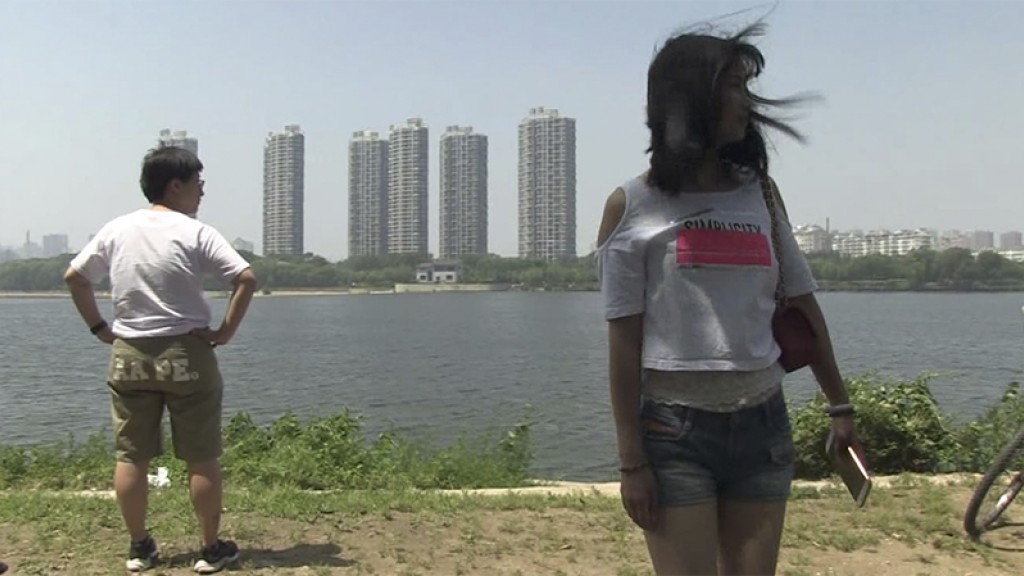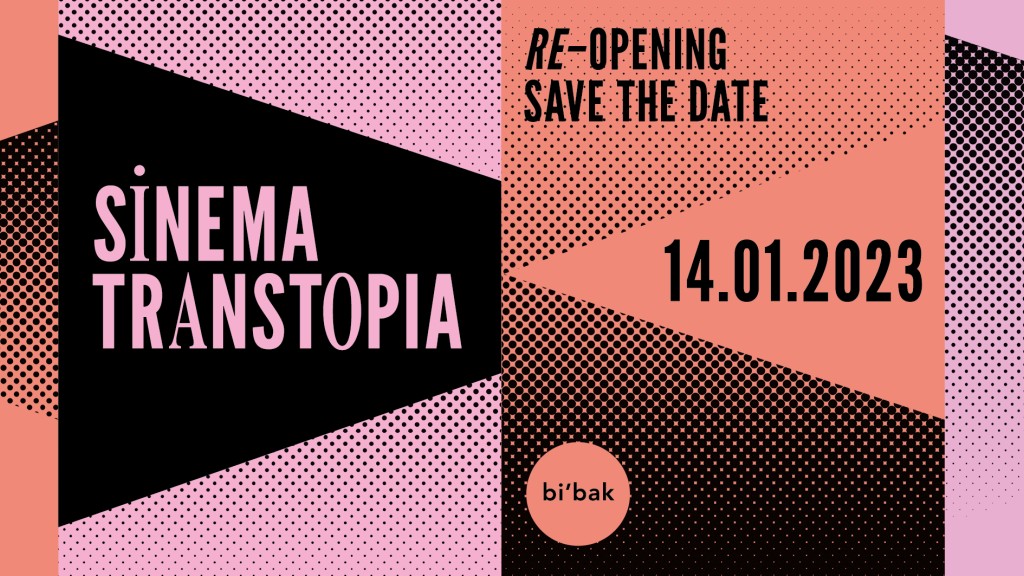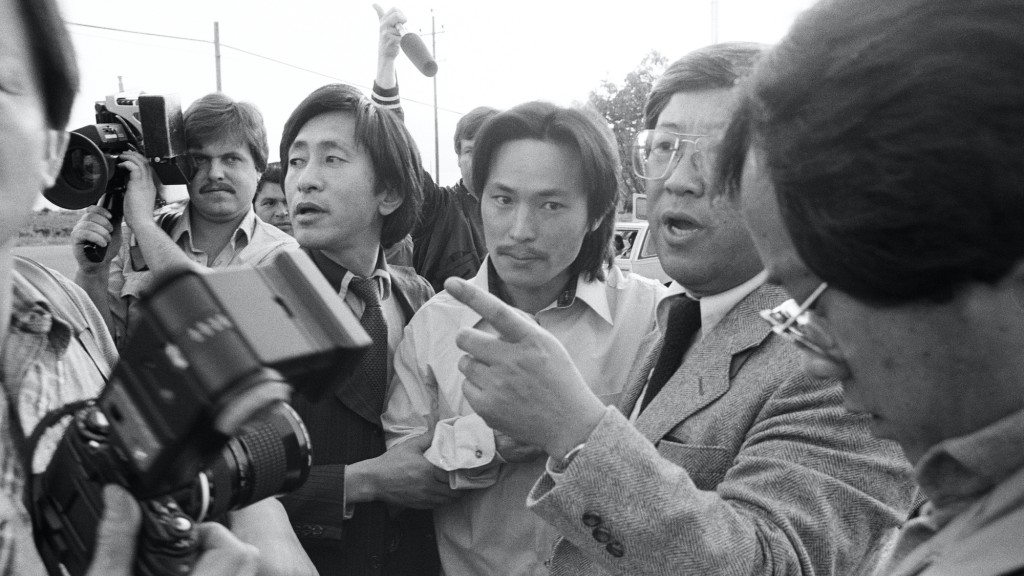
- Program
- /
- Film Series
- /
- Restart: TRANSTOPIA
Restart: TRANSTOPIA
With SİNEMA TRANSTOPIA, launched in 2020 at Haus der Statistik on Alexanderplatz, bi'bak initiated a cinema experiment underpinned by an understanding of cinema as a space of social discourse, exchange and solidarity. At its new location in Berlin-Wedding, SİNEMA TRANSTOPIA establishes itself as a transnational space for film culture, art, knowledge and community, creating a bridge between urban space and film as cultural practice. Here a place is created where urbanity and transnationalism coexist, a place that enables access, stimulates discussion, educates, moves, provokes and encourages.
“Transtopia” is the term used by migration researcher Erol Yıldız to describe spaces “where transnational ties and connections converge, are reinterpreted, and condense into everyday contexts.” Following on from this, SİNEMA TRANSTOPIA links geographies both near and far, taking into consideration their narratives, pasts, presents and futures. Cinema here becomes a meeting place where people come together not only to witness film, but to experience a space of lively discourse, of living, working and learning together. SİNEMA TRANSTOPIA thus stands for a cinema that sees itself as a social place simultaneously committed to local and international communities, one that regards film-historical work as the work of cultural remembrance and that is dedicated to a diversity of film culture and film art.
SİNEMA TRANSTOPIA will reopen on January 14th 2023 with the program Restart: TRANSTOPIA. For this collectively curated program we have invited curators, filmmakers and friends who have been involved in our previous programs.
We ask: How, in a transnational society, can a new kind of cinema be collectively shaped? What significance do films, encounters and memories carry? What do they tell us about their historical and contemporary contexts and how do they actively form them? We come together to search for possible answers, inspirations and moments.
Der Bau des neuen SİNEMA TRANSTOPIA und unsere Programme wurden gefördert durch den Hauptstadtkulturfonds, den Berliner Projektfonds Urbane Praxis, die Berliner Senatsverwaltung für Kultur und Europa, den Bundesverband Soziokultur Zentren 2, NEUSTART Sofortprogramm für Corona-bedingte Investitionen in Kultureinrichtungen, den Fonds Soziokultur im Programm PROFIL:SOZIOKULTUR aus Mitteln der Beauftragten der Bundesregierung für Kultur und Medien im Rahmen von NEUSTART KULTUR.
Filmtexts by Enoka Ayemba (EA), Senem Aytaç (SA), Sun-ju Choi (SC), Popo Fan (PF), Borjana Gaković (BG), Tara Herbener & Luisa Matthias (TH&LM), Tobias Hering (TH), Esra Akkaya (EAK), Ehsan Khoshbakht (EK), Slavs and Tatars (S&T), Can Sungu (CS), Sarnt Utamachote (SU), Florian Wüst (FW)
Enoka Ayemba is a film curator and film critic focusing on African cinematographies, the Nigerian video industry and anti-colonial movements. He has been a consultant for the Berlinale Forum since 2019.
Slavs and Tatars is an internationally renowned art collective devoted to an area East of the former Berlin Wall and West of the Great Wall of China known as Eurasia. The collective has published more than twelve books to date, including most recently Лук Бук (Look Book) with Distanz Verlag.
Senem Aytaç is a film critic and curator. She has been a core member of the independent Turkish film magazine Altyazı from 2004. In 2019, she co-founded Altyazı Cinema Association, which focuses on censorship and freedom of artistic expression in Turkey. She is now based in Berlin in collaboration with the Artist Residency Program “Hier & Jetzt: Connections”.
Sun-Ju Choi studied film and screenwriting at the German Film and Television Academy Berlin (DFFB) and received her PhD on family concepts and representation in North Korean film. She is a board member of korientation e.V. – Netzwerk für Asiatisch-Deutsche Perspektiven and neue deutsche organisationen – das postmigrantische netzwerk e.V..
Popo Fan is a Berlin-based Chinese diaspora filmmaker, curator and writer. His films include queer activism documentaries and scripted, sex-positive shorts. For more than a decade, he has organized the Beijing Queer Film Festival and founded the Queer University Video Training Camp in China.
Borjana Gaković is a film and media scholar, curator and author. Her work focuses on representations of history and medialities of historiography, European cinema of the 1960s, feminisms in film history and war and trauma in film. Since 2020 she has sat on the Programme and Selection Committee of DOK Leipzig.
Tara Herbener and Luisa Matthias are the initiators of the Tibet Film Festival in Berlin, which has existed since 2020. As the Tibet Film Festival Berlin e.V., they want to promote young Tibetan filmmakers in the long term, strengthen polyphony in the cinema landscape, challenge Eurocentric viewpoints, encourage cultural education, as well as exchange and networking.
Tobias Hering is an independent film curator whose work focuses on thematic film programs dealing with questions of image politics and the role of archives. He has accompanied Grisey and Touré´s research at different occasions as a curator, moderator, and friend and contributed to their book Sowing Somankidi Coura, A Generative Archive (Archive Books, 2017). WEBSITE
Cem Kaya is a German filmmaker who works with found footage and archive material. In his docu-essays, he assembles clips from feature films, commercials, documentaries and private footage into crafty collages. This colorful mix of material and his own documentary observations are the ingredients for his insightful, sometimes whimsical and often hilarious docu-essays.
Esra Akkaya is a literary theorist. She is currently writing her doctoral thesis at the FU Berlin as an associate of the Selma Stern Centre for Jewish Studies and is a board member of bi’bak e.V.
Florian Wüst curates film programs and exhibitions for international art institutions, cinemas and festivals. He is co-founder of the Berlin Journals – On the History and Present State of the City that address the social, cultural, and economic changes in Berlin and other cities.
Sarnt Utamachote (ษาณฑ์อุตมโชติ) is a Southeast Asian nonbinary filmmaker and curator based in Berlin. They are a co-founder of the artist collective un.thai.tled and curated film events and exhibitions regarding postcolonial histories, Southeast Asian diaspora and activism. Currently they work as a selection committee member for Xposed Queer Film Festival Berlin and Short Film Festival Hamburg.
Ehsan Khoshbakht is the co-director of Il Cinema Ritrovato, an annual festival of film history and film restoration in Bologna, Italy. An architect by training, he curates films around the world and is also a filmmaker (Filmfarsi, Duke Ellington in Isfahan). He has authored, edited and contributed to more than ten books on film.
Can Sungu is a freelance artist, curator and researcher. He studied film, interdisciplinary arts and visual communication design in Istanbul and Berlin. He gave lectures on film and video production, curated various programs and events on film and migration, and took part in numerous exhibitions. He has worked as a juror and consultant for the Berlinale Forum, International Short Film Festival Oberhausen and the DAAD Artists-in-Berlin Program, among others. He is co-founder and artistic director of bi‘bak and Sinema Transtopia in Berlin. Since 2023 he is curator for filmic practices at HKW in Berlin.
Der Bau des neuen SİNEMA TRANSTOPIA und unsere Programme wurden gefördert durch den Hauptstadtkulturfonds, den Berliner Projektfonds Urbane Praxis, die Berliner Senatsverwaltung für Kultur und Europa, den Bundesverband Soziokultur Zentren 2, NEUSTART Sofortprogramm für Corona-bedingte Investitionen in Kultureinrichtungen, den Fonds Soziokultur im Programm PROFIL:SOZIOKULTUR aus Mitteln der Beauftragten der Bundesregierung für Kultur und Medien im Rahmen von NEUSTART KULTUR.


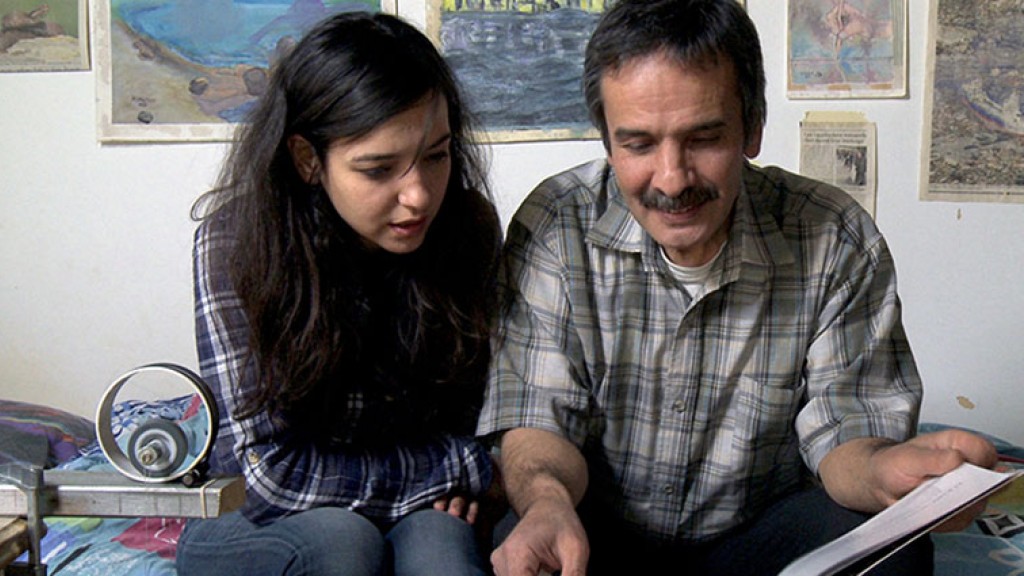
Mon père, la révolution et moi
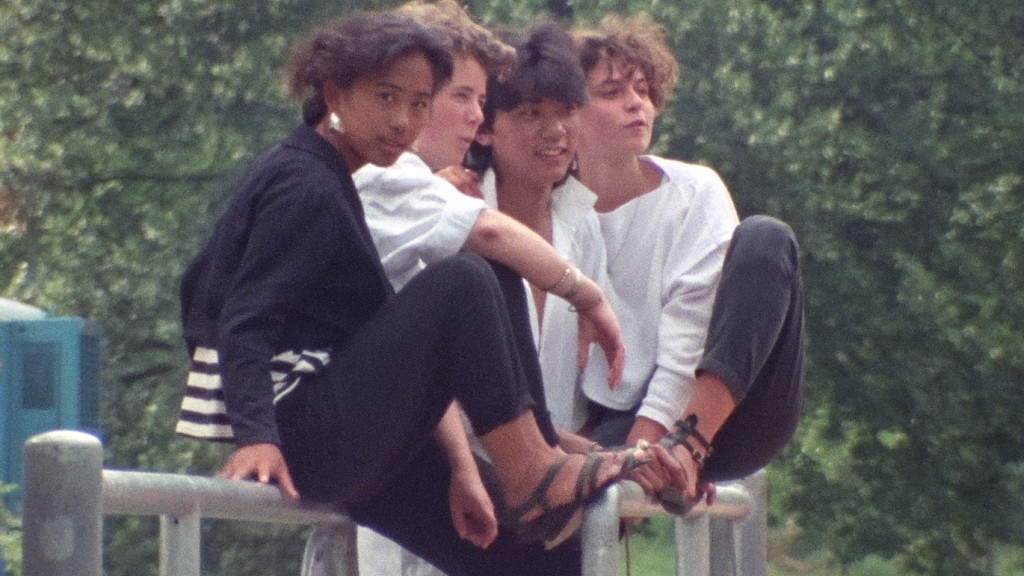
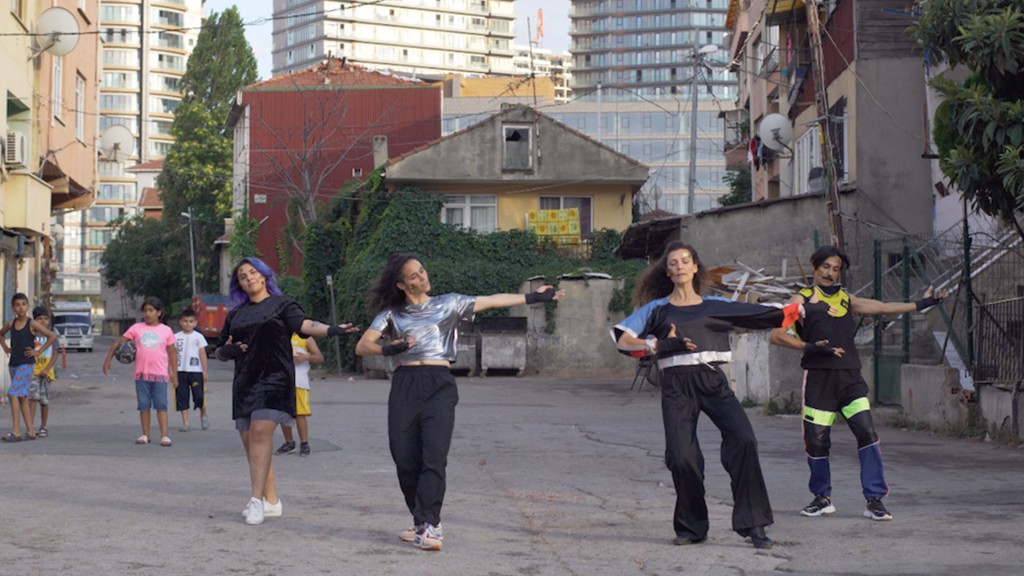
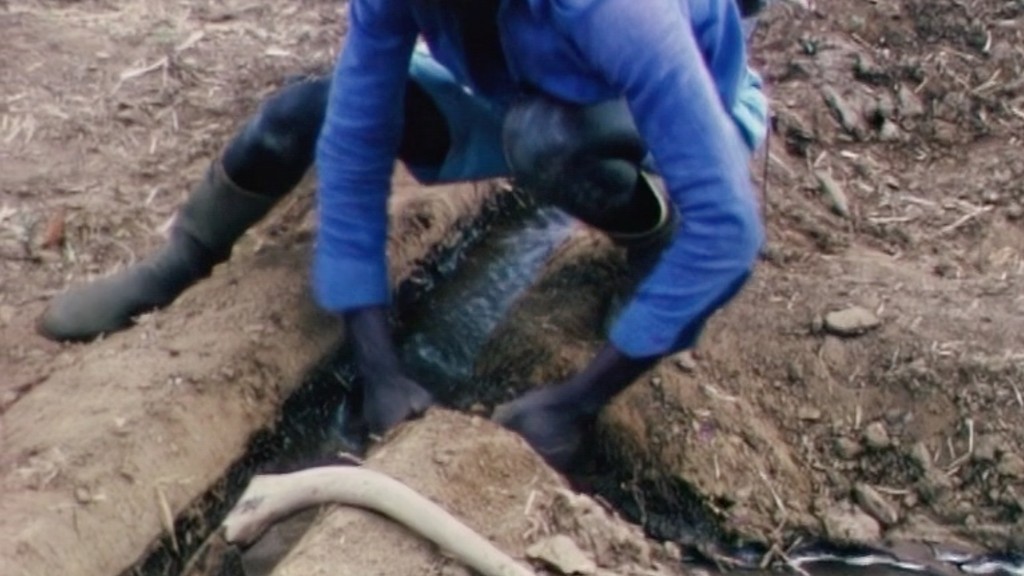
Xaraasi Xanne
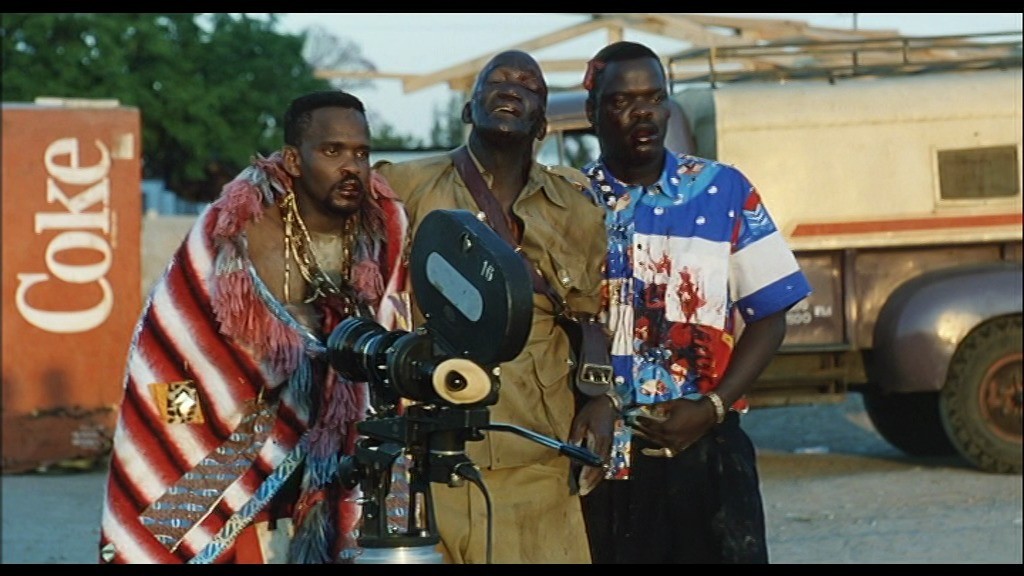
Le Complot d’Aristote
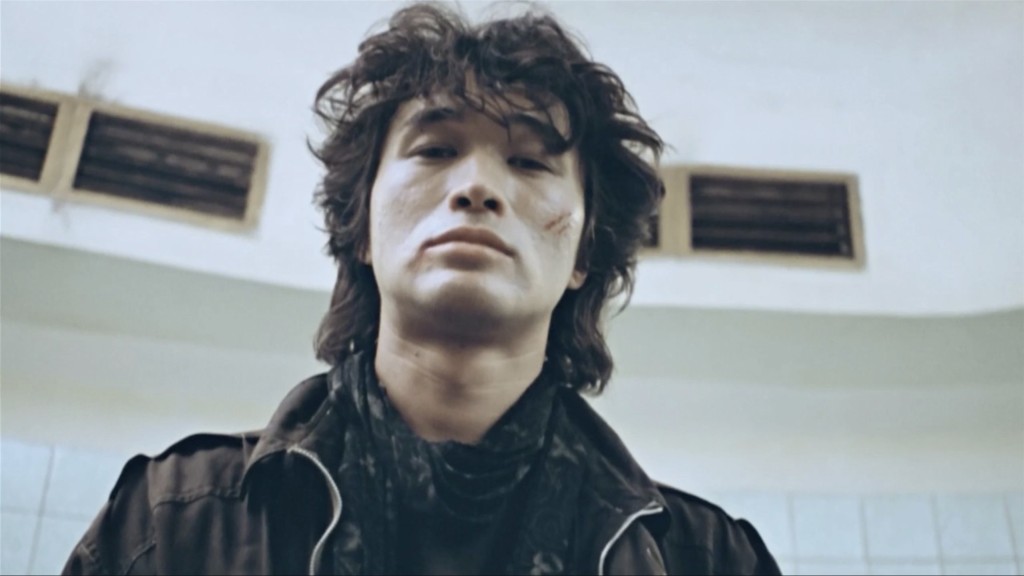
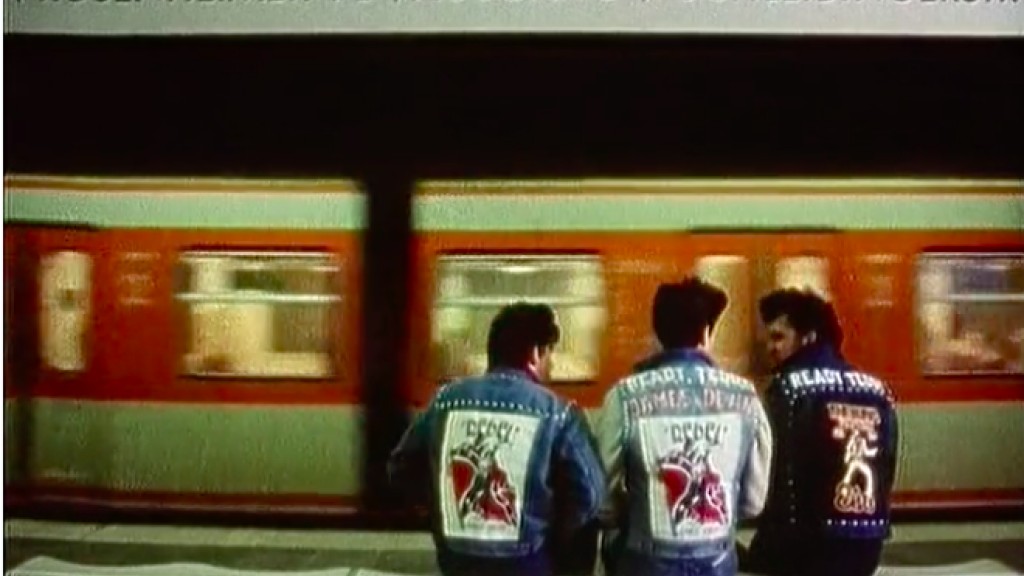
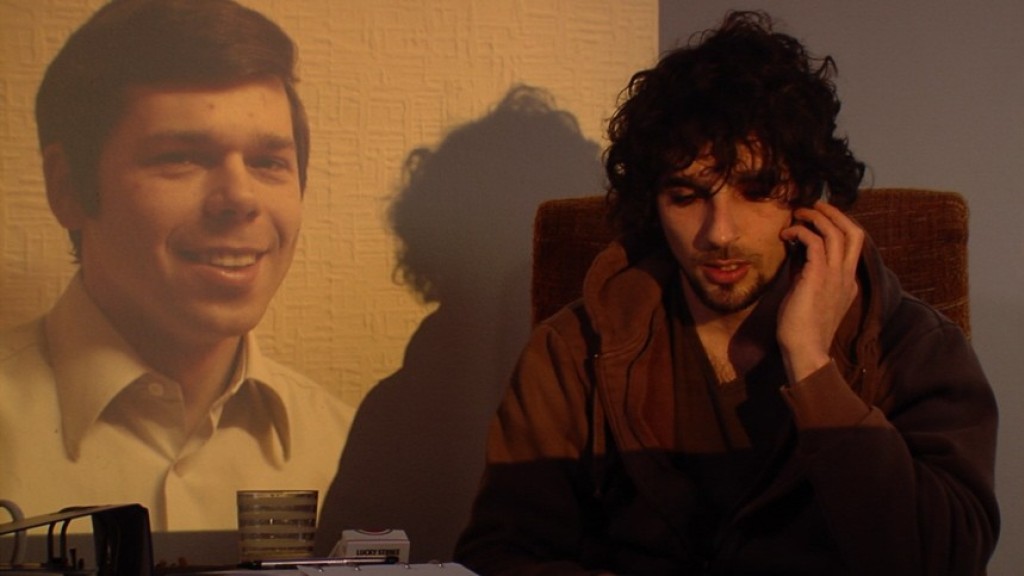
ALIAS
